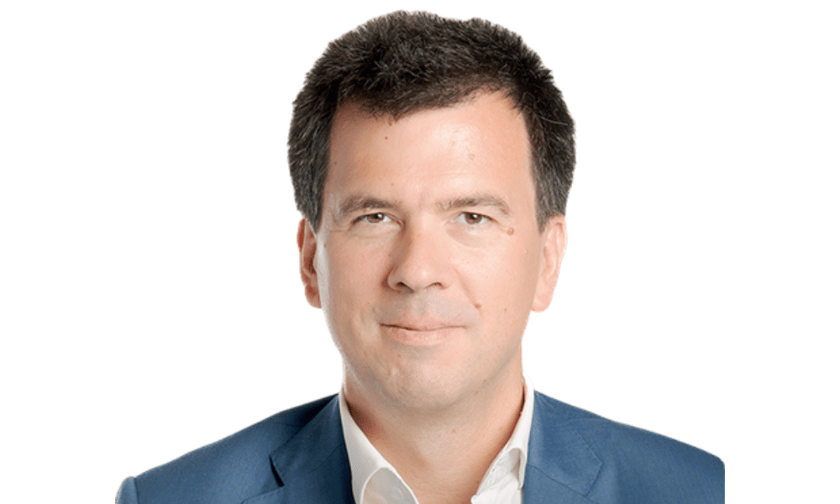

Laurent Rousseau (pictured above), CEO of EMEA and Global Capital Solutions at Guy Carpenter, emphasized the importance of defining stakeholder roles in the reinsurance industry to maintain resilience in the face of increasing systemic risks.
Speaking ahead of the Guy Carpenter Baden-Baden Reinsurance Symposium, Rousseau addressed the evolving challenges posed by risks such as cyber and climate change.
The theme of the symposium, "Partnering through crises, shocks, and cycles," underscored the necessity of collaboration. Rousseau highlighted the historical resilience of the industry, noting that crises and shocks have always been part of the reinsurance landscape.
“While these relationships have evolved over time, innovation and the market’s drive for efficiency have ensured a strong and resilient industry,” Rosseau said. “As the systemic nature of risks such as cyber and climate change becomes more evident, however, we must clearly distinguish the role of each stakeholder – insureds, re/insurers, capital markets and governments – to maintain balance.”
Roland Oppermann, a board member of SV SparkassenVersicherung and a speaker at the symposium, discussed the increasing importance of partnerships in response to diverse challenges such as climate change, cyber risks, and geopolitical tensions.
“However, true partnership requires developing a strategy that enables all parties to plan for the long term. I firmly believe there is a need for an innovative and collaborative approach to ensure this across the entire risk transfer supply chain,” Oppermann said.
Maria Rapin, CEO of Nephila Climate, spoke on the expanding role of alternative capital in helping the market manage the financial impacts of crises.
“The reinsurance industry has demonstrated its resilience time and again throughout crises, shocks and cycles,” Rapin said. “Nearly 25 years ago, alternative capital was introduced as a capacity provider for the industry to manage through such periods of volatility. Its role as a diversified source of capacity has been tested throughout numerous catastrophe events, the pandemic, and the introduction of new lines of business like cyber or net-zero risks.”
Rapin emphasized that alternative capital has established itself as a key capacity source and an important tool for industry resilience.
Andreas Berger, group CEO of Swiss Re, addressed the critical role of the reinsurance industry in facilitating recovery from crises.
“In a world of rising uncertainties—from climate shocks to economic and geopolitical upheavals—true resilience comes from uniting expertise, sharing risks, and building trust. We face cycles of volatility, but by aligning our strengths, we can protect communities, provide financial support to rebuild and recover faster, and make the world more resilient. Together, we partner for progress,” Berger said.
What are your thoughts on this story? Please feel free to share your comments below.
